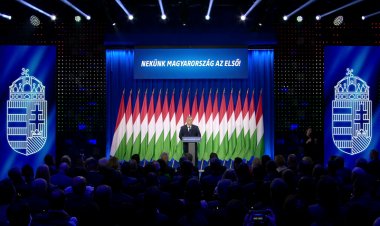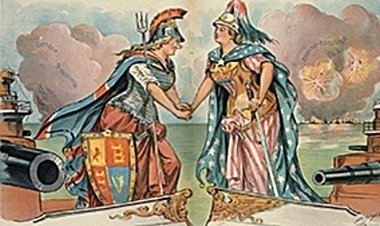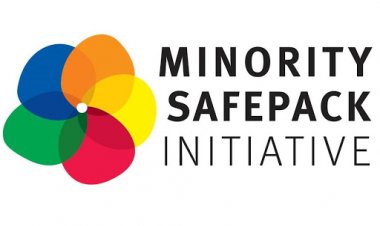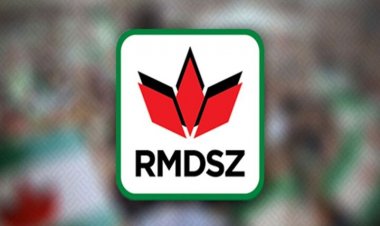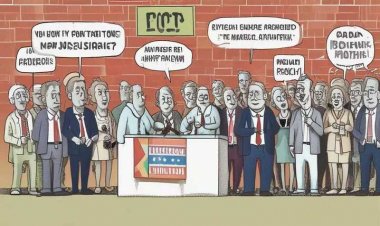Quo Vadis Hungaria?
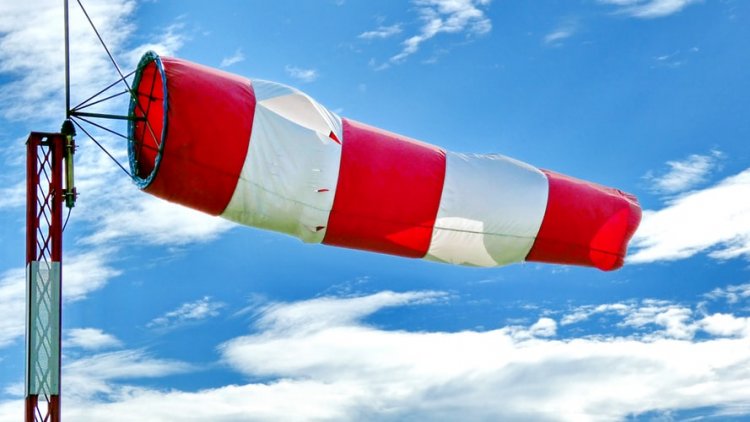
István Szent-Iványi's book Quo Vadis Hungaria analyzes the direction followed by Hungary striving for the values of the West, yet looking with interest towards the East. I reformulate his thesis: which side should we choose in the new cold war?
In some of my former writings published in the present newspaper, I expressed my optimism concerning the possibilities of counterweighting the weakening of the West and its consequences on our country, but now I have to recognise that the shift of course in Hungary foreign policy is worrying.
The myth of clever Hungarian diplomacy outsmarting everyone is quite dangerous. From here comes our on-coming towards Russia, a country which is not even an illiberal democracy.
More dangerous is our approach to China. Our deepening friendship with totalitarian China is truly frightening, especially having in mind that we are a NATO member state. It is incomprehensible how we can accept those many conflicting issues with our set of values starting with the situation of Hong Kong or of the Uygur minority, respectively why we promote the founding in Budapest of Fudan Chinse University, on top of that realised from a mega Chinese state credit? What is our gain? With this project, refused vehemently by so many academics and professionals, we will compromise the interests of our taxpayers, our high education system, not to mention the loss of trust on the part of our NATO allies.
We don't agree with the thesis that Hungary profits from the opening towards the Eats. All commercial or technological data contradicts this.
Hungary seemed strongly anchored on the Westside. Such an irresponsible act is now to harm the port ropes having in mind some míthical: "Hungarians, people of the East" fantasies.
Original: Géza Jeszenszky: Quo vadis Hungaria? (extract)


